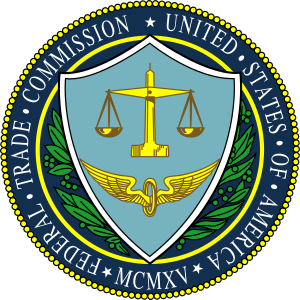
| Entities | |
| Topics and Issues | Antitrust (3) |
The FTC announced “three omnibus resolutions authorizing compulsory process in investigations involving collusive practices; mergers, acquisitions, and transactions; and the car rental industry.” Of most interest to CDIA members may be the omnibus resolution governing potentially unlawful collusive and coordinated conduct. This resolution “will allow FTC staff to more quickly and efficiently obtain evidence in connection with investigations involving competitors working together in an anticompetitive fashion. There is rising concern that the recent inflationary increase in prices may be giving companies cover to collude against the public interest.” The Commission approved all three measures on a 3-2 vote, with Commissioners Noah Joshua Phillips and Christine S. Wilson in all three cases. On the potentially unlawful collusive and coordinated conduct resolution, Commissioners Phillips and Wilson issued a separate dissenting statement that followed a majority statement. That statement was written by Commissioner Alvaro Bedoya and joined by Chair Lina M. Khan and Commissioner Rebecca Kelly Slaughter.
The dissenters find it “baffling” that the majority asserted that “the omnibus resolutions ‘will not substantially change the multiple layers of checks and balances that are critical to the Commission’s oversight of investigations.’” The minority noted that “these broad resolutions eliminate the only layer of Commission oversight concerning the use of the compulsory process in the vast majority of the agency’s competition-related investigations.” While the “FTC should dedicate resources to rooting out unlawful collusion in the marketplace,” the dissent noted, “this new resolution also applies to conduct that is legal under well-established case law.” The dissent added that “[t]he new compulsory process resolution exceeds the law’s common-sense limits by authorizing investigations to examine not just collusion, but firms that are “participating in . . . coordination in any way with any other market participant[.]” The resolution thus suggests using Section 5 of the FTC Act to attack conduct that the courts routinely have concluded does not violate the antitrust laws. There may be circumstances in which investigations of tacit coordination are appropriate, but those investigations should be authorized on a case-by-case examination of the facts rather than under an omnibus resolution.” (citations omitted).